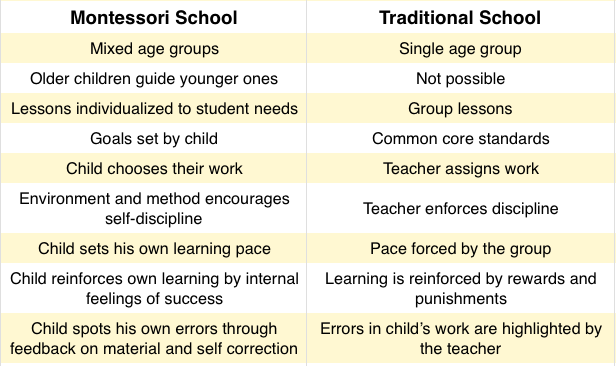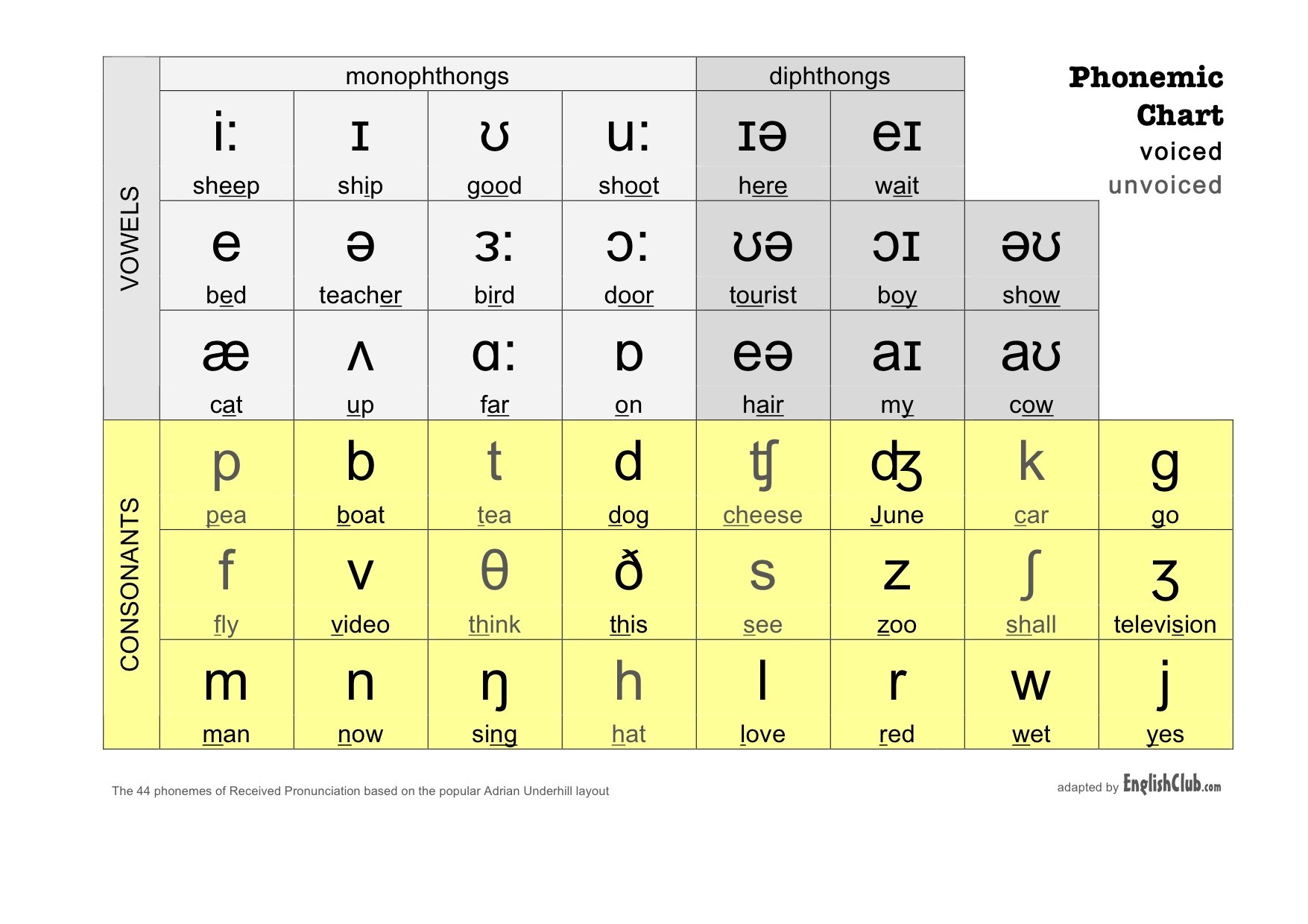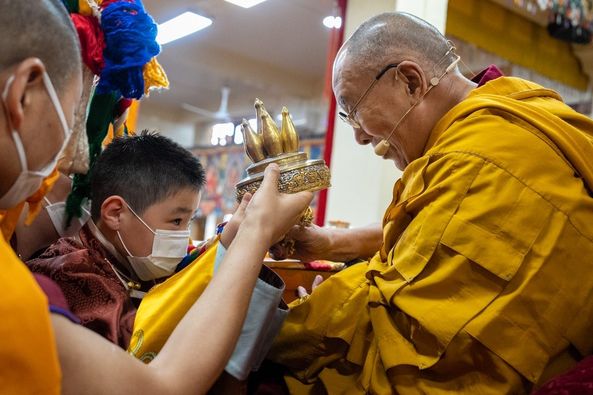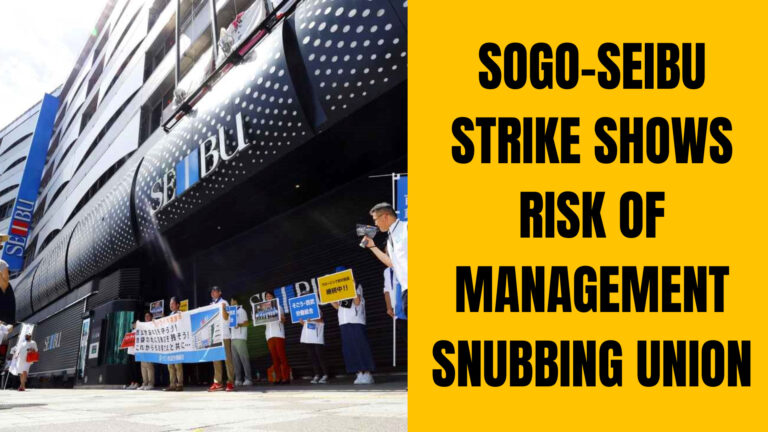
- What industry do you work in and what is your role?
- What are your responses in your role / position?
- Can you describe to the function of your workplace / company?
- How many departments, how many offices. National or International?
- What are the minimum requirements for employment ie Education or Experience?
- How many opportunities are there to ‘move up the ladder’?
- What is the process for changing job roles ie Interview? Test?
- Current projects? Deadlines? Opportunities?
- Anything of interest happening?
1.
A new paper published in Frontiers in Psychology provides more evidence that a Montessori education may be superior to traditional methods of education, especially on measures relating to students’ long-term psychological health and well-being.
2.
“Wellbeing, or the felt experience of health, happiness, and flourishing, predicts several desirable outcomes including better health and work performance, longevity, and more positive social behavior and relations,” say the authors of the research, led by Angeline Lillard of the University of Virginia. “Here we explored whether a different childhood experience, Montessori education, might predict higher adult well-being.”
3. To test their hypothesis, the researchers recruited 1,905 U.S. adults who attended Montessori or conventional schools, ranging in age from 18 to 81, and had them complete a series of well-being surveys. They compared the survey results of the adults who had attended Montessori schools to those who had attended conventional schools. They found strong evidence of elevated psychological well-being among adults who attended Montessori schools as children.

What are the biggest differences between public and private education in Japan?
4.
“What surprised us is that pretty much everything in the sink turned out significant — on almost every survey, people who had spent at least two years in Montessori had higher well-being than people who never went to Montessori,” says Lillard. “This was true even among the sub-sample who attended private schools for their entire pre-college lives.
5.
We also found that the longer one had attended a Montessori school, the higher their level of well-being.” The results held true even when the scientists accounted for other factors known to influence childhood and adult well-being.
6.
“Our analyses controlled for age, race and ethnicity, gender, childhood socioeconomic status (SES), and private schooling, so we can confidently say that none of those factors is causing the results,” says Lillard.

What are the advantages and disadvantages of the structure of education in Japan. If you were tasked with changing one thing about school you attended as a child, what would it be?
7.
This is good news for the estimated 500,000 children who are currently enrolled in Montessori schools in the United States. “The Montessori Census currently registers 564 public and 2,211 private Montessori schools, but these are certainly underestimated,” says Lillard. The authors hope their research inspires more parents to take a closer look at non-traditional educational models, such as Montessori.
8.
“The study is one more data point in a growing body of research suggesting Montessori pedagogy is better for humans than is the common model,” says Lillard. “And, since it is over 100 years since people began implementing Montessori, it has been beta-tested — we know how to implement this pedagogy and are doing so all over the world. More people should know about it.”





